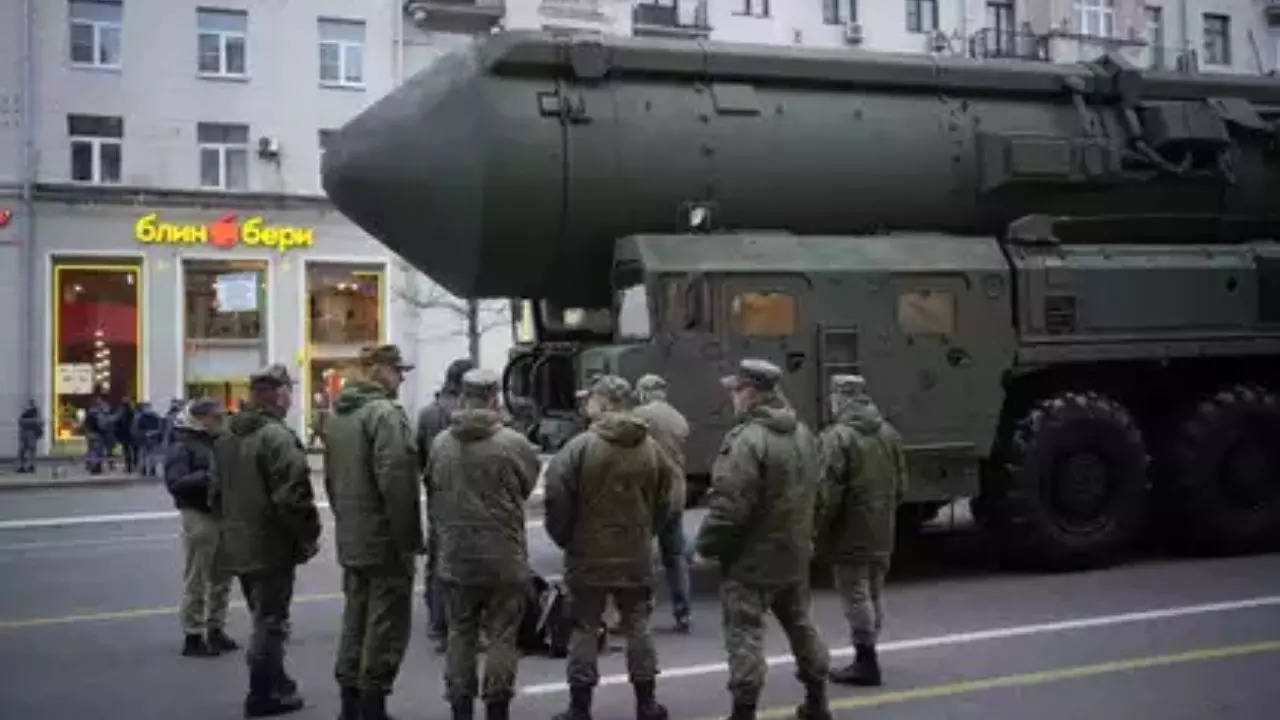After the dissolution of the Soviet Union, Ukraine found itself in possession of a substantial nuclear arsenal. However, economic constraints and geopolitical concerns led Ukraine to surrender its nuclear weapons. The Budapest Memorandum of 1994 offered security assurances to Ukraine, but these proved to be ineffective when Russia seized Crimea and backed separatist movements in Ukraine. The current conflict between Russia and Ukraine underscores the security challenges faced by Ukraine in the absence of nuclear deterrence. The situation serves as a stark reminder of the complexities of international relations and the importance of strategic defense measures. Ukraine’s decision to give up its nuclear weapons has had far-reaching implications, with the country now grappling with security threats from a resurgent Russia. The need for robust security alliances and defense strategies has become more evident in the face of escalating tensions in the region. As Ukraine navigates these challenges, the international community is closely watching the developments in Eastern Europe. The delicate balance of power in the region underscores the need for diplomatic efforts to prevent further escalation of the conflict. In this volatile environment, Ukraine’s security concerns remain a critical issue with implications for global stability.

Posted in
JUST IN
From nuclear stockpile to vulnerability: Ukraine’s decision to give up weapons and its implications in Russia-Ukraine conflict.
In Trend

“India’s COVID-19 vaccination drive sees record 10 million doses in a day, surpassing previous milestones”

















